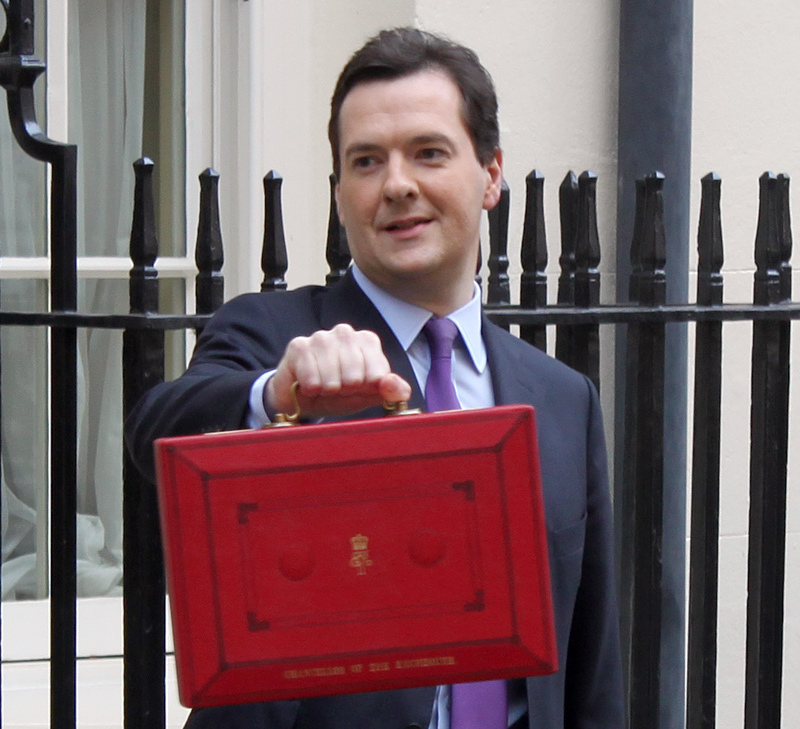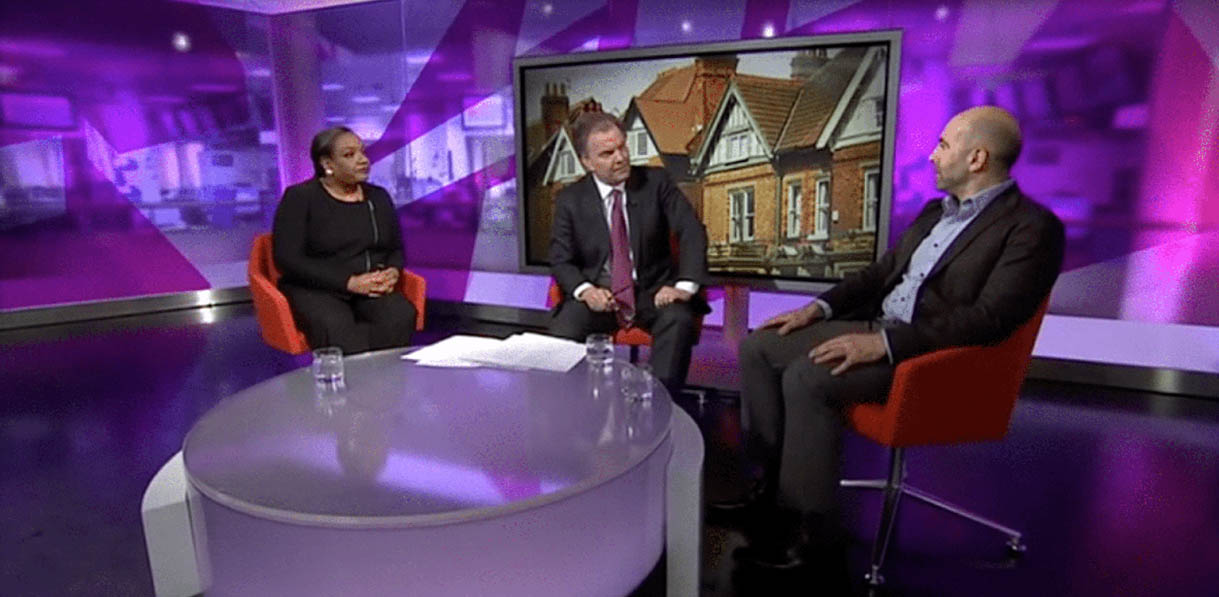 In its latest Financial Stability report the Bank of England commented that buy to let could pose a risk to financial instability, especially if interest rates rise. The theory is that this could cause landlords to fall into negative cashflow, where their rental payments no longer cover the cost of the mortgage payment. This could force them to sell in a hurry, potentially destabilising the housing market.
In its latest Financial Stability report the Bank of England commented that buy to let could pose a risk to financial instability, especially if interest rates rise. The theory is that this could cause landlords to fall into negative cashflow, where their rental payments no longer cover the cost of the mortgage payment. This could force them to sell in a hurry, potentially destabilising the housing market.
The evidence tells us that this is highly unlikely. Most buy to let lenders currently assess applications at 125% rental coverage at a notional mortgage rate of 5%. So for the loan to be accepted, the rent must be 125% of the mortgage payment not at the current mortgage rate, likely to be between 2 and 4%, but at an even higher rate of 5%. This means that interest rate rises of 1-3% have already been factored into the loan – a substantial safety net. Moreover National Landlords Association research tells us that only 39% of landlords use buy to let lending, 36% own their properties outright and the rest have a mixture of mortgaged and unencumbered properties. Many of those who took out mortgages prior to 2008 are on handsome tracker rates of around 1.75% above base rate and those who took out mortgages after 2008 will have seen an increase in house prices and are likely to be able to remortgage to a lower rate.
In the lead up to the budget there have been numerous calls for landlords to lose their “lucrative tax breaks.” Like most businesses landlords borrow money to invest, in this case in property. They can then set the costs of their borrowing against the rental income they receive. On BBC Radio 4s Moneybox this weekend, Angus Hanton from The Intergenerational Foundation described Buy to Let as the big tax let off, arguing that if you borrow to buy shares you can’t offset the interest payments against the dividends you receive. He says that the existing tax regime incentivises investors to buy property and gives them an unfair advantage over First Time Buyers. There are around 1.7 million landlords in the UK and buy to let accounts for 15% of homeloans. 18% of new home loans are buy to let so this is a growing sector.
What is far more likely to be holding back first time buyers is the mortgage market review which requires applicants to declare their household expenditure in excruciating detail. Many applicants are rejected even though they may have a track record of paying rent at a higher level than the mortgage payment would be if they purchased a home. Those who do successfully buy have significant tax advantages as their principal private residence is free from capital gains tax.
The tax system for landlords in the UK is a muddle, we are treated partly as investors and partly as a business. It’s true that allowing landlords to set finance and other costs against rental income is in the tradition of how businesses invest and develop. But when we complete our tax returns it is on the land and property section which implies unearned income from assets. Improvements as opposed to repairs can only be set against the capital gain upon sale and the proceeds from a sale are subject to capital gains tax even if they are invested in another property – that’s not the case for other businesses.
The removal of tax relief proposed by Angus Hanton and others would cause a huge shift in the buy to let community. Many would cease to make a profit and decide to sell. Future purchases would require a higher rental yield to make business sense. We desperately need more rental property and a shrinkage of available homes for rent in the private sector would be devastating for Britain’s housing situation. The big issue as ever is supply: we need to free up more land and build more houses. Hanton’s proposals are an anti landlord distraction from this key issue. He argues that we should be incentivising build to let to encourage more house building and address the chronic need for more rental properties. I agree but I don’t understand why this should be at the expense of private landlords, can’t we have both?
The key point for me is not just a tax one but also about standards and how the sector is perceived. I want landlords to see themselves as businesses and not investors. Even if they just have one or two properties they need to be thinking about their business model, their legal responsibilities as a landlord and providing good customer service to their tenants. Treating property investment like share investment is a distortion and does not promote good practice. If we are to use the tax system for changes in the private rented sector we should incentivise improvements by allowing these to be set against tax in the current year instead of having to wait until we sell the property. The government should also allow capital gains rollover relief for accredited landlords.








